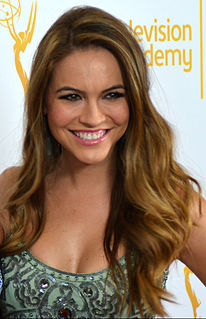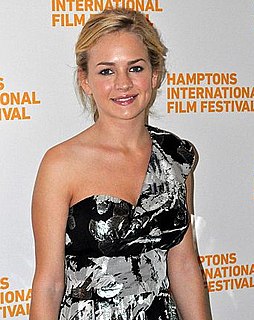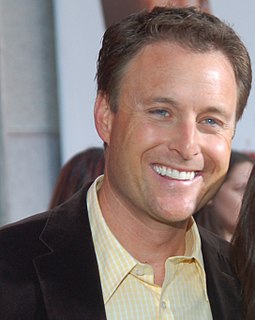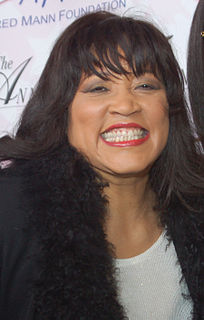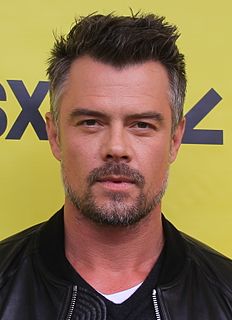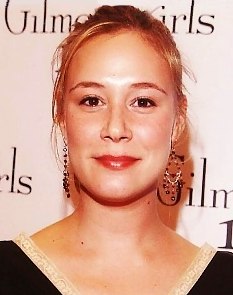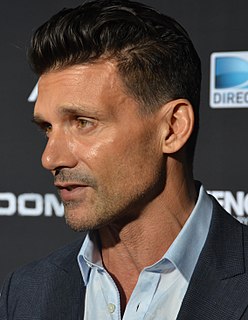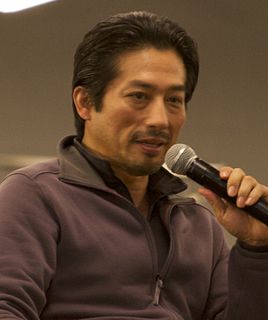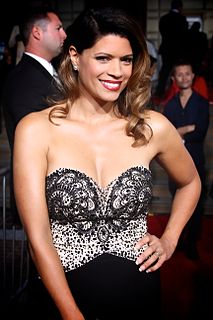A Quote by Chrishell Stause
Having now been on three different soap operas was more than I could have hoped for. Then going on to doing a movie and being on prime time TV, to my own show on Netflix - I couldn't have dreamed of what this has snowballed into.
Related Quotes
There's something inherently more appealing about the idea that you could reveal and tell stories about characters over the course of a TV season - 13 or 26 episodes, whatever it might be - than in the course of one two-hour movie. You can do so many more novelistic kinds of things on a TV show - with time, with gradual development of relationships, and so on - than you could possibly do in a movie. And that is very appealing.
The show is escapism. If you look back to when I was in college, all the girls in the sorority houses were gathered around watching soap operas. That was the escapism, the show that was giving you something you couldn't have. Now, you go into any sorority house, there are 50 to 100 girls piled in watching The Bachelor. We are the modern-day soap opera.
Soap operas are like boot camps for film actors, so I really learned a lot. It was a masterclass in working for camera. I made myself watch myself every day. I would sort of try and be objective about it and critique myself a little. There's a lot more skill set than people realize in soap operas. They shoot, like, 35 scenes a day.
I think that "Gilmore Girls" did so many things well, and it was a very feminist show in a time when that wasn't really being portrayed at all. The show made it cool to be a smart girl. That certainly wasn't happening at the time - you were surrounded by beauty shows and teen soap operas. "Gilmore Girls" felt very apart from everything else that was happening.
Early on, America took one path and went down the advertising road, and in the UK they founded the BBC and developed a different kind of public broadcasting. There was a point where TV was so beholden to commercial interest that people - civil society - actually rose up and said, "This is ridiculous: we have our soap-selling soap operas, cigarette-sponsored news broadcast; we have our rigged quiz shows - let's put some checks and balances here."
